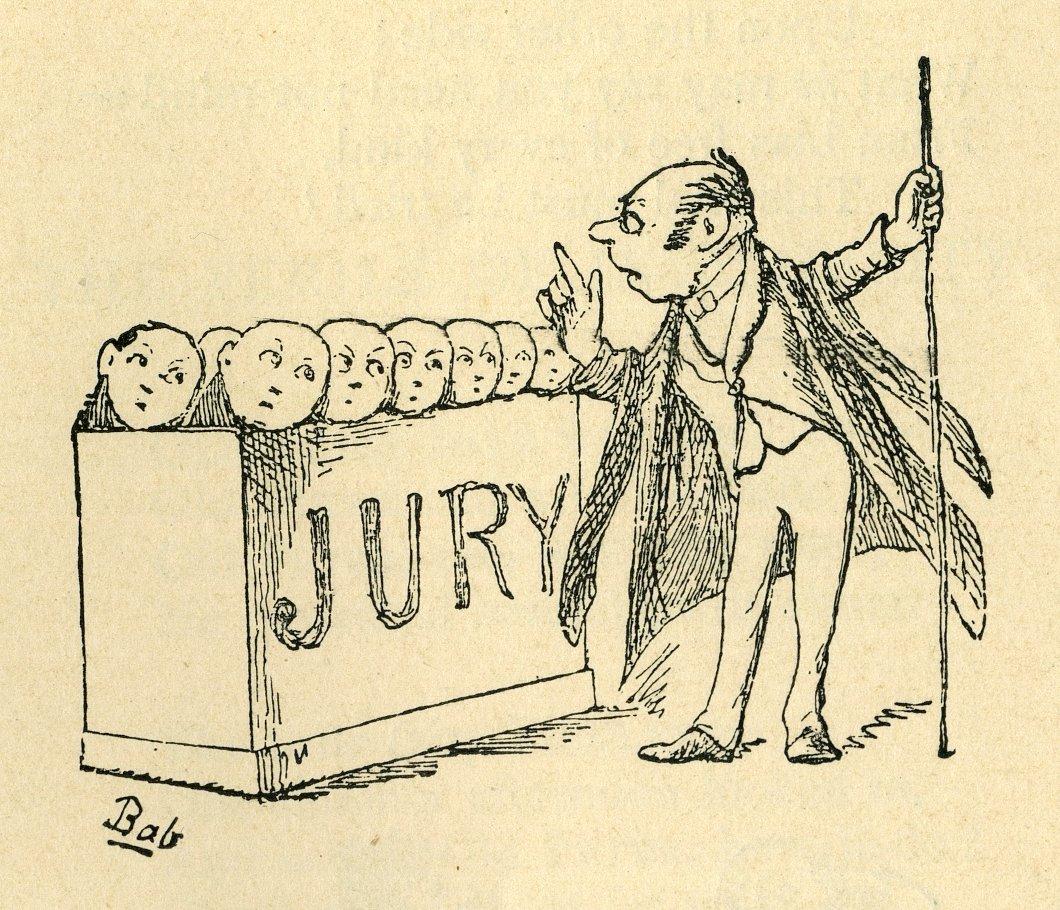A WOFFORD PROFESSOR’S INTRODUCTION OF PSYCHOLOGYIN THE LAW—
At 7:30 p.m. on Oct. 20, students packed into room 113 in Phase V to hear a talk on the psychology of jury decision-making. The speaker at this event was Dr. Dawn McQuiston, visiting associate professor of psychology at Wofford College. She was invited to speak by Wofford’s Pre-Law Society.
Katherine Whisenhunt, president of the Pre-Law Society, says “We had talked with Dr. McQuiston last year, and she really wanted to get involved in the Pre-Law society, so that’s how we got started talking about what might be of interest to students in psychology and law.”
At the event, McQuiston spoke about psychological f actors that influence the decision-making of jurors. After introducing the subject of the talk, McQuiston introduced her main areas of study, which are jury empathy, personal baggage and evidence evaluation. She outlined the complicated factors influencing empathy such as defendant emotional stress, defendant background, emotionally disturbing evidence and the presence of witness comfort dogs.
She went on to describe decision-influencing personal baggage factors such as jurors’ (often strange, according to McQuiston) conceptions of law, crime, criminals and insanity, or their personal beliefs concerning authoritarianism and randomness. Finally, McQuiston spoke about how juries evaluate expert evidence and how they respond to eyewitness and forensic evidence. She described the often-skeptical attitudes towards experts and the tendency to focus on peripheral details (e.g. income, demeanor, presentation style) of the expert presenter instead of the content of the evidence presented. She also described the overconfidence in the reliability of both eyewitness and forensic evidence. Specifically, McQuiston mentioned the “CSI Effect,” where popular crime investigation TV programs enforce an illusion that forensic evidence is undeniably accurate and is evaluated by “scientific” standards and not human judgment.
After the event Whisenhunt commented, “I think we had a really good turnout and Dr. McQuiston’s talk was really interesting. It helped clear up a lot of things that people aren’t so clear on in the law. She did a good job of showing what the psychology is behind jury decision making and what are some of the problems that the jurors face when they’re trying to make the decision.”
Later, when asked about the impact of work done in her field, McQuiston said, “Some judges and some lawyers are very attuned to science and they pay attention to the research findings. So slowly but surely some of the laws are changing.” Using eyewitness identification research as an example, McQuiston stated, “There’s data now showing that we now know we can prove there’s a problem, so a lot of states are now adopting new procedures to help eye-witnesses be more accurate.” However, McQuiston also noted, “This research started in the late 70s, and it took until the last five years for the courts to finally listen…the application of science to the law moves very slowly.”
At the end of the event, asked about the benefit of this event to the Pre-Law Society, Whisenhunt said, “Our main goal as a pre-law society is to provide enriching experiences for pre-law students. We’re also interested in getting students of other disciplines interested and I think that [this event] was a good way to tie in psychology and the law and attract students from all kinds of areas at Wofford.”
— Caleb Pierce































